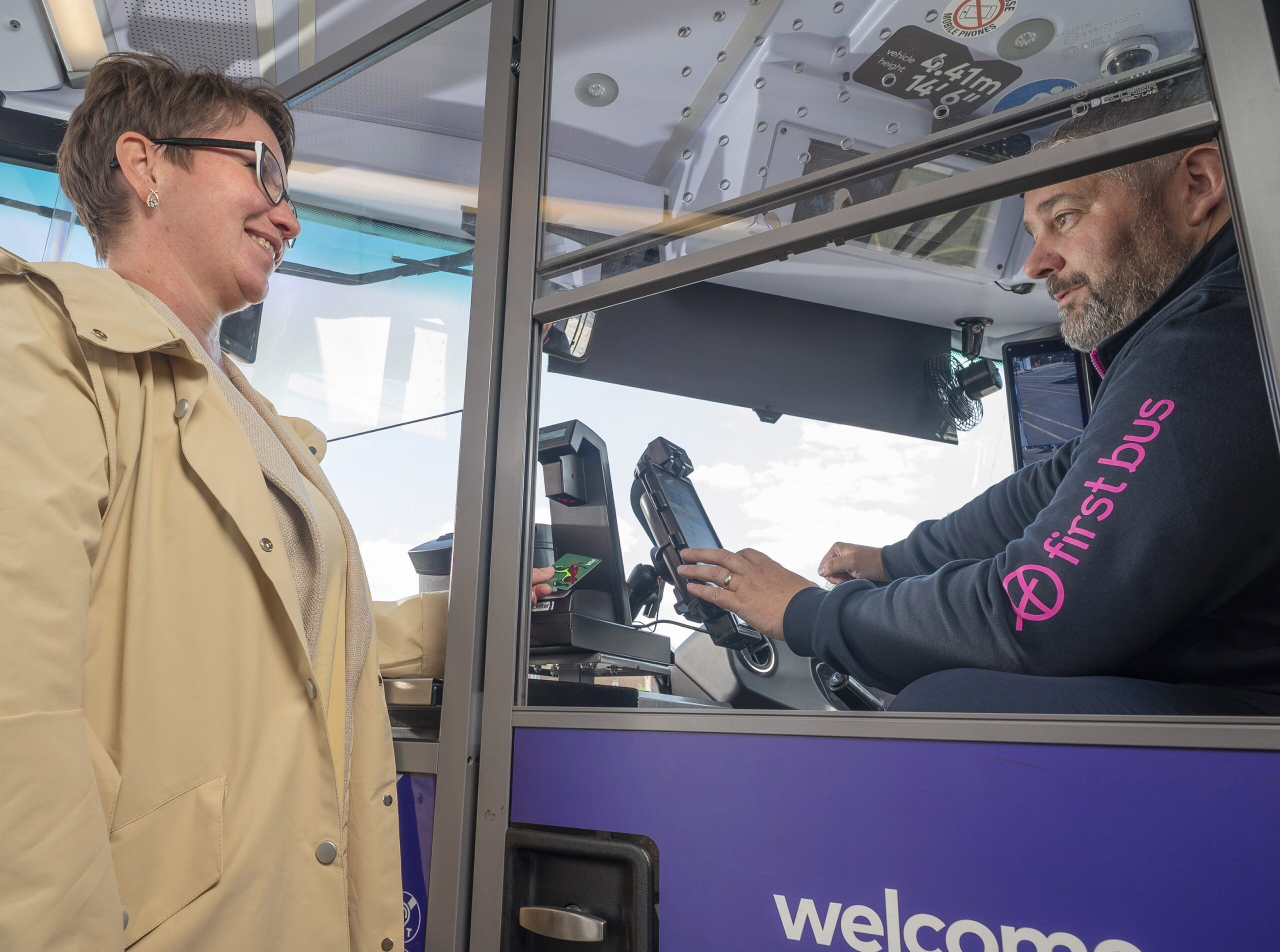Buses are currently used by 11 million passengers a day – two thirds of public transport journeys in Britain – with 83% of passengers in England satisfied with commercially operated buses according to research by Transport Focus.
On average, people catch the bus at least five times a month, and partnerships between bus operators and local authorities are thriving in many parts of the country.
However, about 300 million fewer miles were driven by bus services in England in 2024 compared to 2010, with some passengers having raised concerns about sudden route cuts and a perceived lack of accountability.
In response, the Bus Services Act became law at the end of October 2025, a piece of legislation designed to make it easier for local leaders to take control of their buses and provide passengers with more reliable and dependable journeys.
A key provision in the Bus Services Act is one that allows local authorities to set up their own bus companies (LABCos) and empower Enhanced Partnerships between authorities and bus operators.
Transport Secretary Heidi Alexander said: “By making it easier for local leaders to take control of their buses we are putting passengers first, improving access to jobs, education and tourism opportunities which are all vital to growing the economy – a fundamental part of our Plan for Change.”

The Act is also designed to cut the red tape holding back bus franchising, where local authorities allow companies to operate in their areas while retaining control over key aspects such as routes and fares, ensuring this model can be delivered faster.
Also, the new Act empowers councils to identify services which they deem as “socially necessary”, meaning strict requirements must be followed if operators wish to cancel or change them.
This move will look to end the risk of routes being scrapped at short notice by tightening the requirements for cancelling vital routes, an issue which has sometimes left passengers, particularly those who are elderly, disabled or living in rural areas, cut off and isolated.
Corinne Pluchino, Chief Executive of Action with Communities in Rural England (ACRE), said: “We welcome the new measures to require the identification and listing of socially necessary local services, and new requirements if bus operators want to cancel or change them.
“This is an important first step to achieving better rural bus services, and ACRE looks forward to working with government to ensure the Act delivers positive change for rural communities.”
In addition, the bill will establish a legislative framework for the prohibition of new non-zero emission buses after a date to be specified by the Secretary of State – 1 January 2030 at the earliest.
First Bus is investing more than £300 million in zero-tailpipe emission buses and electrifying depots across the UK to protect the environment and support the government’s net zero ambitions.
The operator also believes that giving councils greater control over networks, fares and service standards will only succeed if it is matched by strong collaboration with experienced bus operators.
Janette Bell, Managing Director for First Bus said: “The Bus Services Bill is a bold step towards transforming local transport.
“At First Bus, we’re ready to play our part, and we’re already proving that partnership can deliver; from improved punctuality through our franchise in Greater Manchester to 41 per cent passenger growth through our enhanced partnership in Portsmouth.
“Buses are a lifeline for millions, and we’re committed to working in partnership to ensure this new era of local transport delivers for everyone.”

The government is already supporting a handful of trailblazing local authorities to explore how they can take control of their bus networks and transform rural services.
Under the Bus Franchising Pilot scheme, these councils – York and North Yorkshire, Cornwall, Cumbria, Hertfordshire, Cheshire West and Chester – will be funded with a share of about £750 million per year.
Also, as part of the pilot, York and North Yorkshire Combined Authority will lead studies into how bus services operate across urban, rural, and coastal communities, setting the agenda and leading the way for other rural areas.
Graham Vidler, CEO at the Confederation of Passenger Transport said: “This is an important moment for the bus industry.
“It gives local authorities a choice in the model they choose for local bus services. Bus operators up and down the country will play their part to make it a success in order to deliver reliable, affordable buses for every community.
“It is important that local authorities consider their next steps carefully to fit the specific needs of local areas. There are many different ways to oversee local transport and multiple routes to success.
“There is no need to rush for franchising – this is a once in a generation decision and it is important to get it right.”
The new Act also includes plans to mandate staff – including drivers and those based at bus stations – to undertake additional safeguarding training to recognise and handle incidents of anti-social behaviour and crime, including violence against women and girls.
A National Police Chiefs’ Council (NPCC) report in July 2024 stated that more than one million violence against women and girls (VAWG)-related crimes were recorded in England and Wales in 2022/23.
First Bus is already investing in such training, to complement its longstanding zero-tolerance policies for harassment.
Jason Prince, Director of the Urban Transport Group, said: “The Bus Services Act represents a watershed moment for the future of the bus.
“We now have legislation that provides all local leaders with greater powers and the ability to choose the right tools to improve their local bus networks and passengers’ experiences – ensuring these services are accessible, safe and attractive.
“We warmly welcome the Act and its recognition of the critical role that local areas play on the road to better buses.”
The Department for Transport (DfT) says it aims to implement measures in the Bus Services Act as quickly as possible while balancing the needs of local authorities and the bus industry as well as engaging with stakeholders.
BACK TO ALL NEWS
